Life Under Communist Rule: North Korea's Hidden Suffering
North Koreans endure a life of fear, starvation, and oppression under a brutal regime, silenced and suffering in isolation with little hope for freedom.
Total Views |
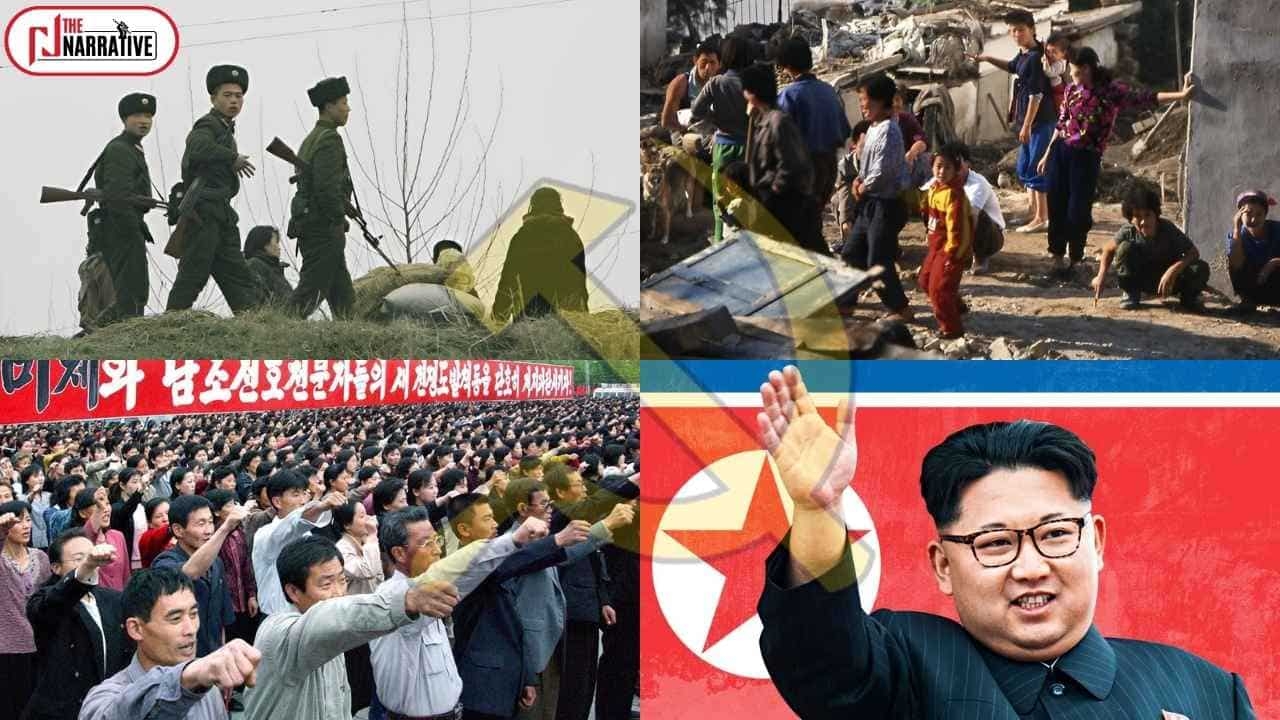
The pain of North Korea’s people is a silent scream that echoes through a tightly controlled, isolated nation.
Living under the rule of Kim Jong-un, North Koreans endure a life of extreme oppression, constant fear, and unspeakable hardship.
For most of the world, North Korea is known for its nuclear ambitions and propaganda.
However, beneath the surface lies the heart-wrenching reality of its citizens—humans struggling against an invisible, iron-fisted regime.
In North Korea, fear rules every moment of a citizen’s life. The government watches every move, listens to every conversation, and punishes even the slightest deviation from loyalty to the ruling regime.
People are afraid to speak freely, even in their own homes, fearing that their family members might betray them.
Children are taught from a young age to worship the “Great Leader,” and any criticism of the regime, even in private, can result in imprisonment or death.
Neighbours, friends, and even family members are forced to spy on one another, creating an atmosphere of distrust.
This surveillance goes so deep that parents sometimes warn their children not to speak too loudly, lest a simple remark be interpreted as disloyalty.
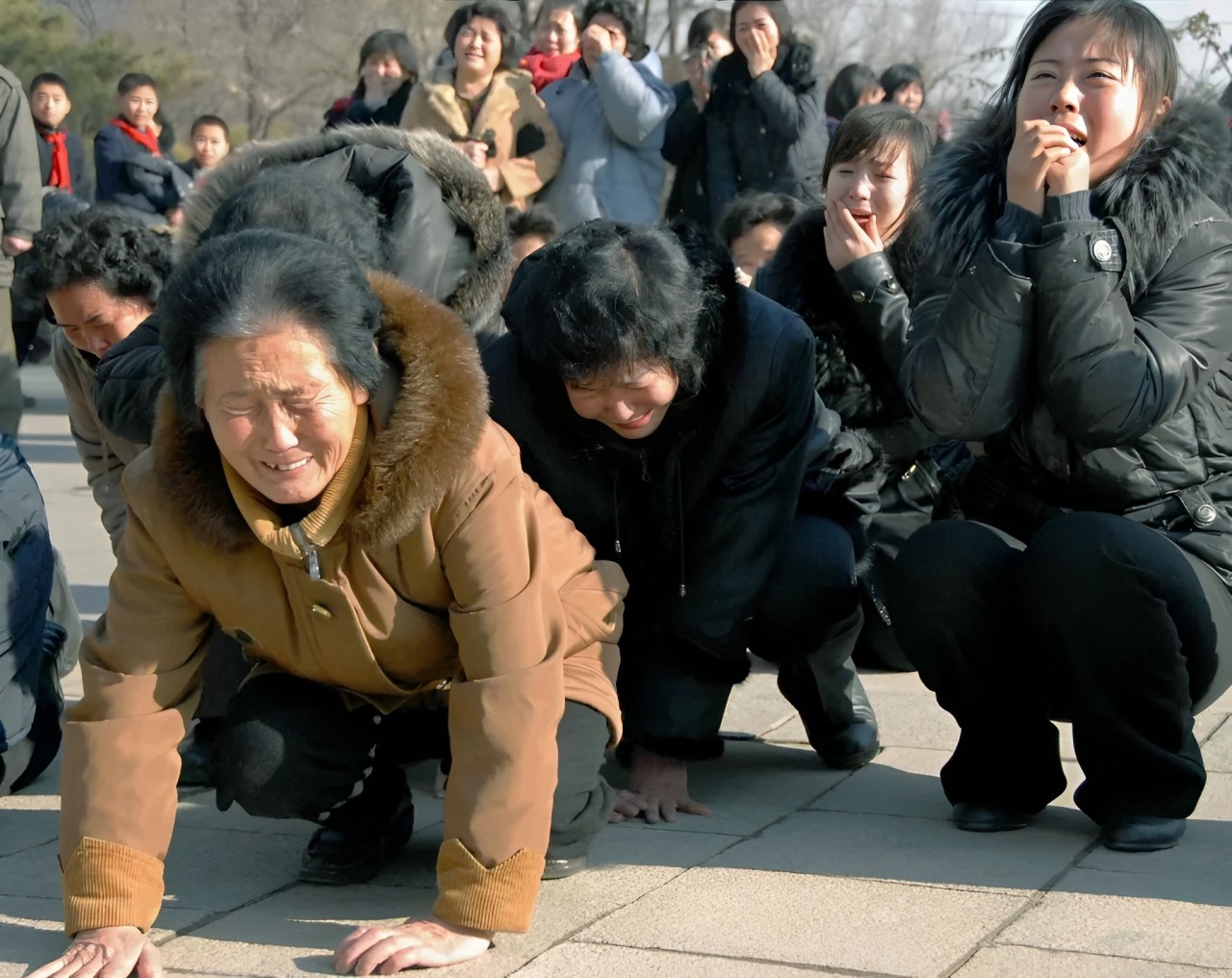
Imagine living in a world where you can’t trust anyone—not even your closest friends—because a single wrong word could lead to your disappearance.
One of the most harrowing aspects of life in North Korea is the existence of prison camps, known as kwalliso.
These camps are hidden from the outside world, but survivors’ accounts tell stories of unimaginable brutality.
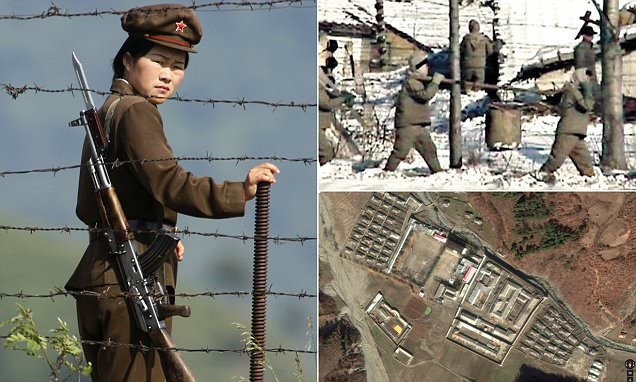
Families can be sent to these camps for “crimes” as small as listening to foreign radio broadcasts or not showing enough reverence to the country’s leader.
Entire families, including children and grandparents, are often imprisoned for the actions of one member under the regime's policy of guilt by association.
In these camps, prisoners face brutal torture, starvation, and backbreaking labor. They are beaten for minor infractions and forced to work under inhumane conditions, with little food or medical care.
Many die from starvation or disease, their bodies left to rot as others are forced to continue their gruelling tasks.
The thought of such suffering happening to thousands of innocent people simply for wanting a better life is unbearable.
Food scarcity is a daily struggle for most North Koreans. While the elite class in Pyongyang enjoys relative luxury, the majority of the population battles hunger.
The government tightly controls the distribution of food, and millions of people have faced severe food shortages over the years.
During the 1990s, a famine swept through the country, killing millions. Although the situation has improved slightly, food insecurity is still widespread, and malnutrition remains a constant threat.
For many North Koreans, the only way to survive is by turning to illegal markets where food can be bought at high prices.
However, engaging in any form of unofficial trade is risky—if caught, people face severe punishment, including imprisonment or execution.
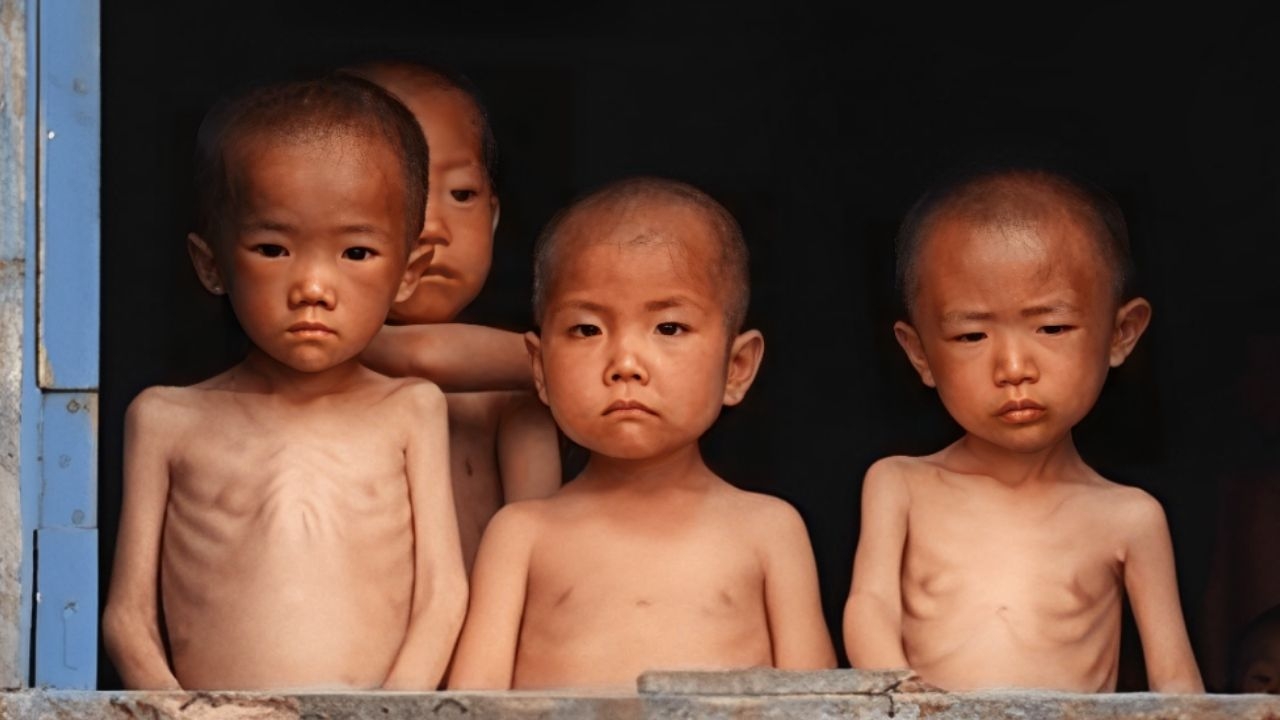
Parents often give up their meals to feed their children, but in many cases, it’s not enough.
The sight of children with swollen bellies, weak from hunger, is a tragic reality in North Korea.
The North Korean regime denies its people even the most basic human rights. Freedom of speech, movement, and religion are all forbidden.
The state controls all media, and citizens are bombarded with propaganda that glorifies the Kim family and demonises the outside world.
North Koreans are told that they live in the greatest country on earth, but most know this to be a lie.
The government manipulates their perceptions, cutting them off from the outside world to maintain absolute control.
Religious freedom is non-existent in North Korea. Christianity, in particular, is seen as a direct threat to the regime.
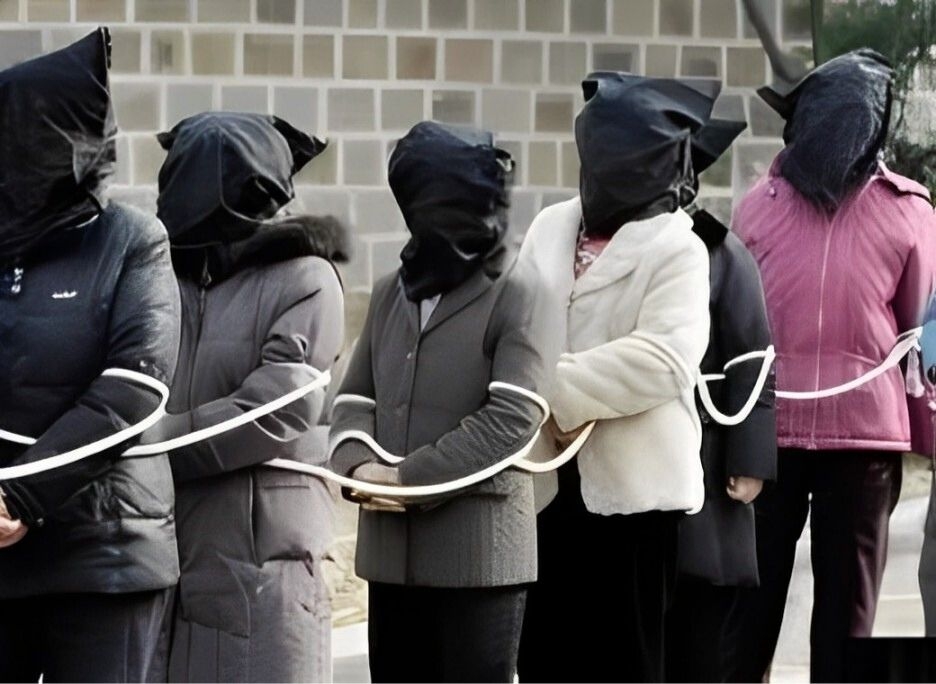
Practicing any religion is punishable by imprisonment, torture, and even death. Despite the dangers, underground churches exist, but their members live in constant fear of discovery.
For those caught practising their faith, the consequences are unimaginable—prison camps, forced labour, and execution.
For many North Koreans, the only hope lies in escape. However, leaving the country is nearly impossible.
The borders are heavily guarded, and anyone caught trying to flee faces execution or life in a labour camp.
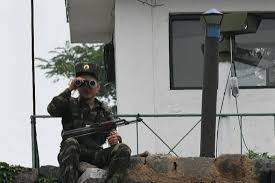
Yet, despite these dangers, some risk their lives to cross the border into China, hoping for a better life.
Once in China, however, the horrors don’t end. North Korean defectors live in fear of being caught and sent back to their homeland, where they face certain punishment.
Many women who escape are sold into human trafficking rings or forced into marriages, exploited and abused because of their vulnerable status.
For these defectors, survival is a daily battle, and the dream of freedom is always just out of reach.
The people of North Korea are trapped in a cycle of fear, oppression, and suffering.
While the rest of the world moves forward, North Koreans remain isolated, their voices silenced by a brutal regime.
Their pain is unimaginable, their suffering hidden behind a veil of secrecy. They live in a world where hope is scarce, and survival is the only goal.
But the world must not forget the people of North Korea. Their cries for help may not be heard within their own borders, but we can raise our voices for them.
It’s time to shine a light on the atrocities happening in North Korea, to speak up for those who cannot speak for themselves, and to hope for a future where the people of North Korea can finally live free from fear.
Every person deserves a life of dignity, freedom, and peace—something the people of North Korea are still waiting for.
Article by
Shomen Chandra
Sub Editor, The Narrative


